10 tech startups with huge potential in 2022
With Echonous recently snagged $57 million agreement to develop portable bedside ultrasound devices, the race within the medical technology startup industry has intensified. People of all ages have been seduced by the world of startups since the beginning of the technological revolution. It seems like every day there’s a new company on the horizon looking to do the next big thing.
But of course, not all startups are successful, and that’s part of the game. Every year, some promising companies have the potential to “break a dent” in their respective landscapes. It’s the combination of a great idea, the team behind it, and the final execution with just a bit of luck that makes the difference between success and failure.
SoLo Funds
SoLo Funds was founded by Travis Holoway and Rodney Williams, and it aims to cut out middlemen and banks involved in small to medium financial lending. The startup enables people who have excess income or idle capital to provide loans to those in need.
The idea for the startup was generated during the pandemic when not only America, but people around the world were forced into dire financial situations. One way of thinking is the financial equivalent of Airbnb or Uber.
FinMark
FinMark was founded by Rami Essaid as a startup for startups. Any new business needs to manage its finances from the start, and while this can be done in the form of basic spreadsheets, as businesses grow and get more complicated, it’s not enough.
FinMark acts as a tool for businesses to manage their finances. Small businesses with monthly revenues between $10 and $20,000 only need to spend about $25 per month, and this cost will increase as the size of the business increases. That’s the kind of idea who makes tech billionaires.
Griffin
Griffin is an investment application that aims to make the world of stocks and trading easy and accessible to the general public. Grifin works by investing money in businesses where the consumer makes purchases. For example, if someone spends $3 on Starbucks, Grifin will invest $1 in the business.
It is a free application and its profit model is entirely based on the investments of its users. The world of trading can be scary, with fancy words and complicated charts, which could put off many potential new investors. The app is also a good way to invest in businesses where consumers actually spend money. Users can also track their expenses this way and reduce the excess, like maybe canceling their Apple TV+ or Netflix subscriptions.
Jenie
Jenie was founded by Kirsten Brecht Baker and aims to solve the problem of language barrier while communicating with someone from another part of the world. Jeenie will connect the user with a language interpreter on demand. The startup covers around 250 languages, including sign language, and claims it can connect anyone with an interpreter in less than a minute.
Jeenie charges a time-based rate, with most calls costing around $1 per minute. It’s pretty affordable if it gives users the ability to communicate well with anyone without pulling out a dictionary. A subscription to this could be a great tech gift for your parentsespecially if they plan to travel.
re:3D
re:3D was founded by Matthew Fiedler and Samantha Snabes and aims to solve the high cost of entry into the industrial 3D printing landscape. The company aims to sell the Gigabot printer for 1/10th the cost of other competitors in the market, while having the same print quality.
3D was poised to be the next big thing in the late 2010s, but the high cost of entry prevented that from happening. Access to cheap 3D printing could be a huge boon for underdeveloped communities where needed infrastructure, like housing, could make full use of the technology.
Subsequent delivery
Subsequent delivery, founded by Grafton Elliot, aims to make the delivery industry more affordable, efficient and sustainable. The company is trying to capitalize on the growth in delivery services, which began at the start of the Covid-19 pandemic. It works by allocating empty spaces in existing trucks to businesses that might need them. This will reduce delivery costs and result in fewer trucks on the road.
For example, if two companies need to have their products delivered to the same neighborhood, Onward can consolidate their two orders and send them on an existing truck that is already going to that area. Delivery has always been a massive industry, but its growth potential has been accelerated by the pandemic. Onward can disrupt this industry if they play their cards right and, if successful, could cultivate brand loyalty similar to Apple.
Beans
Beans, founded by Melissa Pancoast, aims to provide financial planning to anyone with low income or struggling to make ends meet. The app has two tiers, the first being free, which allows users to track and see trends and patterns in their spending, to help them better understand their financial situation. The second tier costs $30 per year and adds a data visualization tool.
The Beans claims that the paid tier is actually worth around $500 a year, and if it does, it looks like a pretty good deal. The company holds workshops in the Atlanta area to educate people and increase its brand reputation.
A-B
A-Bfounded by Vignan Velivela and Tushar Misra, aims to make the trucking and transportation industry more efficient while providing truckers with a better system to manage payments, track fuel costs, and more.
The team traveled through trucking hubs like Stockton, California, and through their research came to develop AtoB. The software helps truckers track fuel prices, exact fuel charges, and more, while connecting them to a fleet tracking service. Truckers are among the most underpaid and overworked workers, any service that not only makes their job easier but also gives them a better deal compared to the competition will surely prosper. AtoB’s revenues are expected to exceed $20 million This year.
Celone
Celone, founded by Ravi Mulam and Raveev Shah, aims to help businesses achieve better cellular connectivity to power their automation and digital transformation. Named after the city of Barcelona, the company also helps companies integrate 5G technology into their existing infrastructure.
The startup has taken on Verizon and Google as clients and is looking to triple its revenue this year. With more and more businesses trying to become more automated and integrate technology into their operations, Celona has enormous potential to tap into this need.
Cyber Cowbell
Cyber Cowbell, founded by Trent Cooksley and Rajeev Gupta, offers cyber insurance to small and medium-sized businesses. Its AI identifies risks and has already signed up around 18,000 clients.
Cowbell also helps small businesses identify potential risks to their business, ranging from physical threats to cybersecurity issues. This adds a great incentive for small businesses to enroll in the policy.

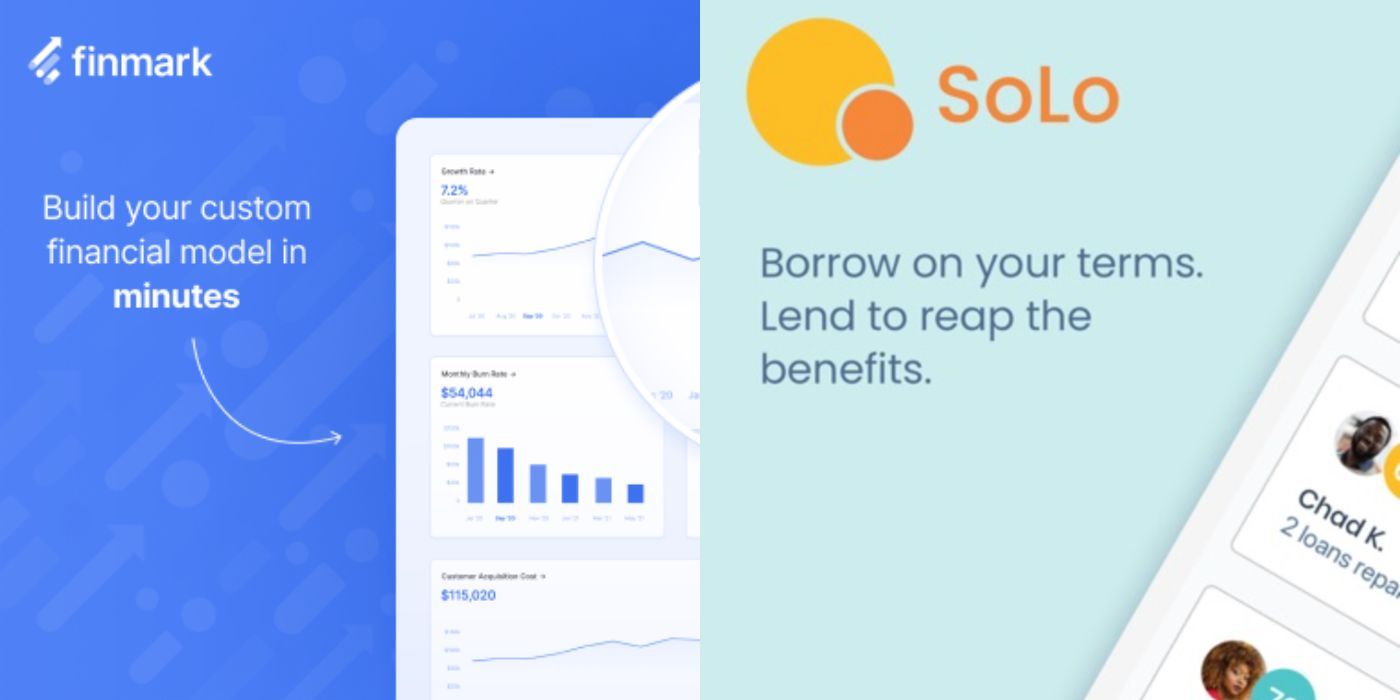

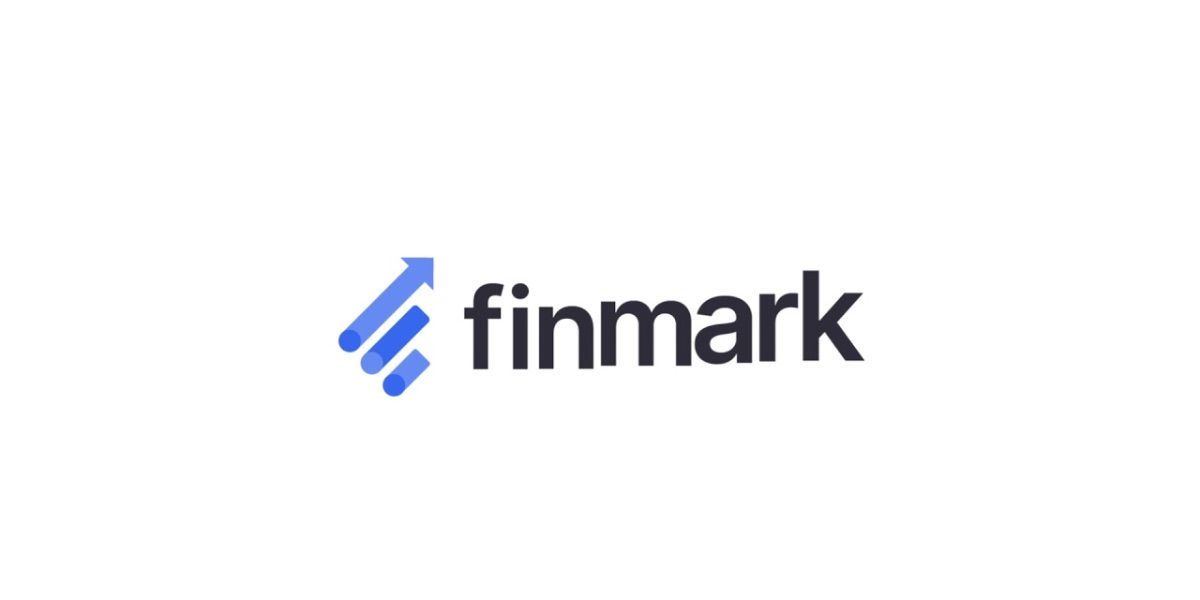
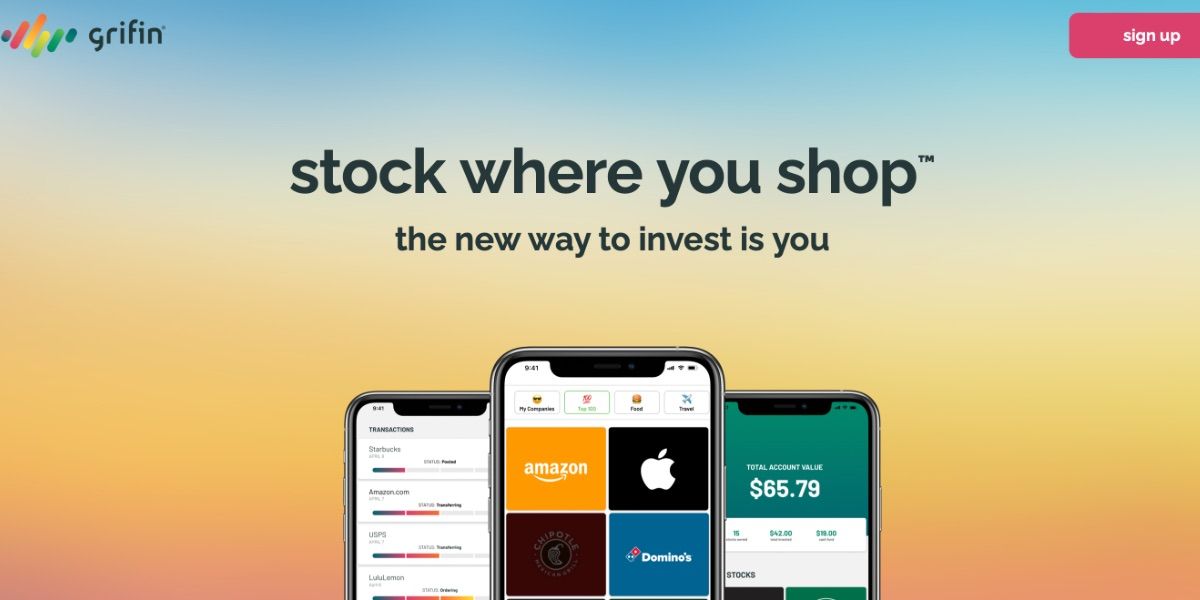
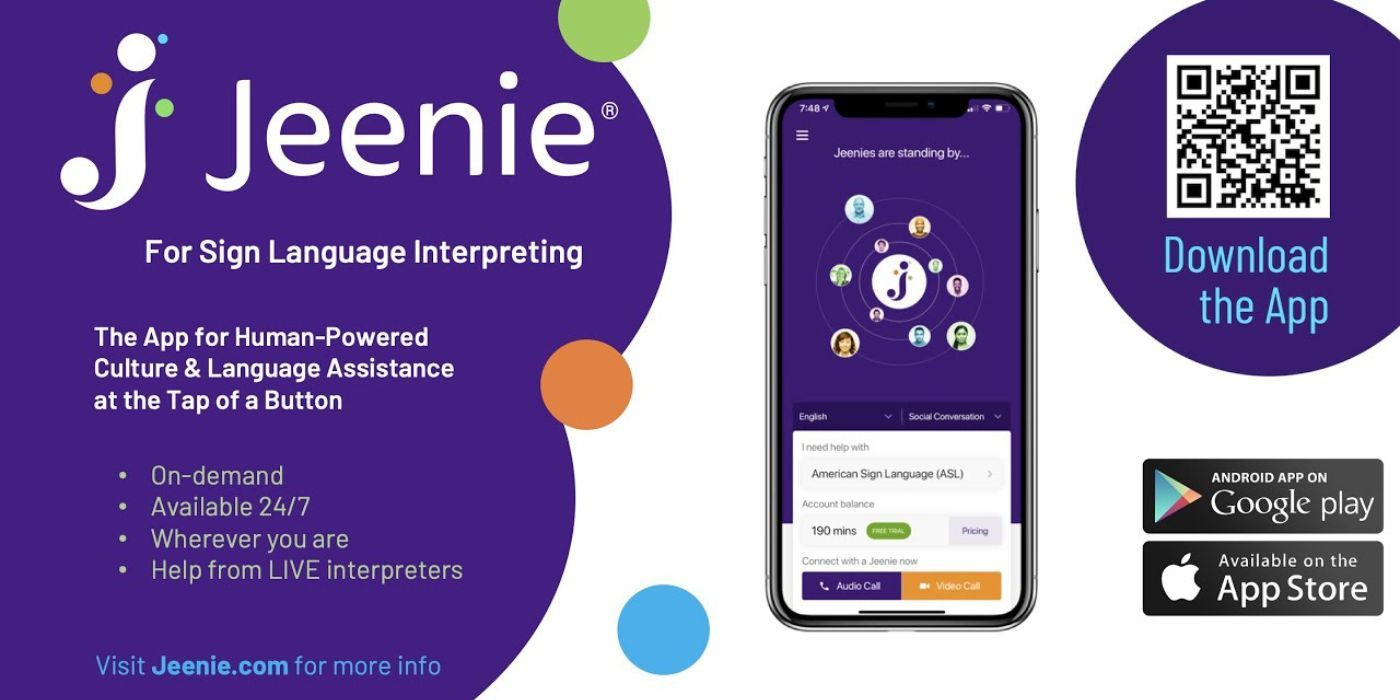
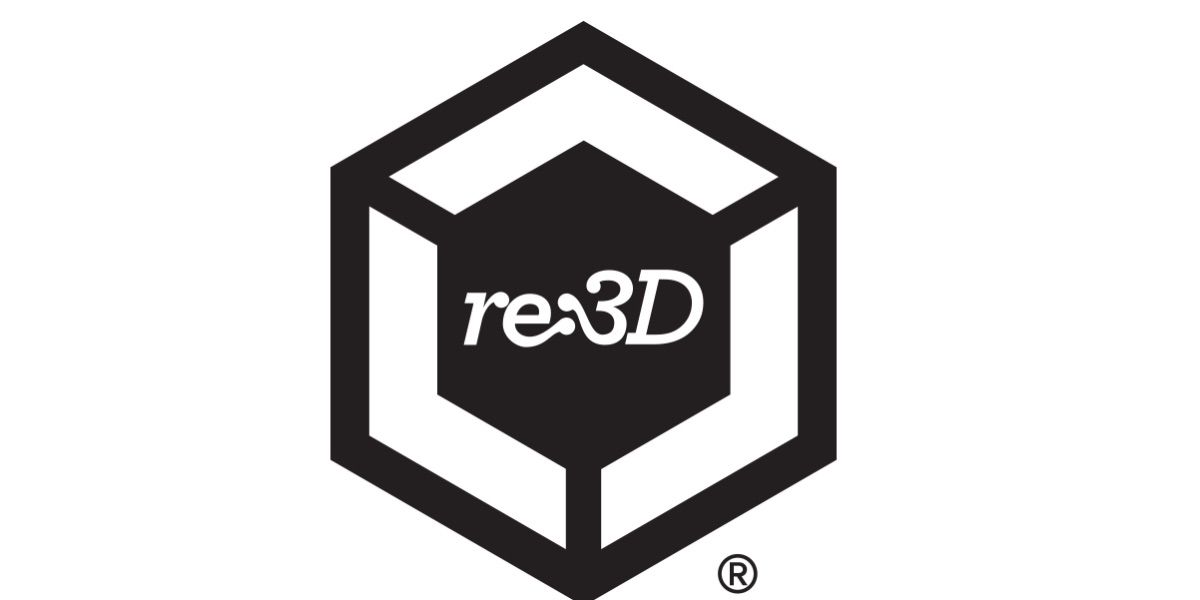
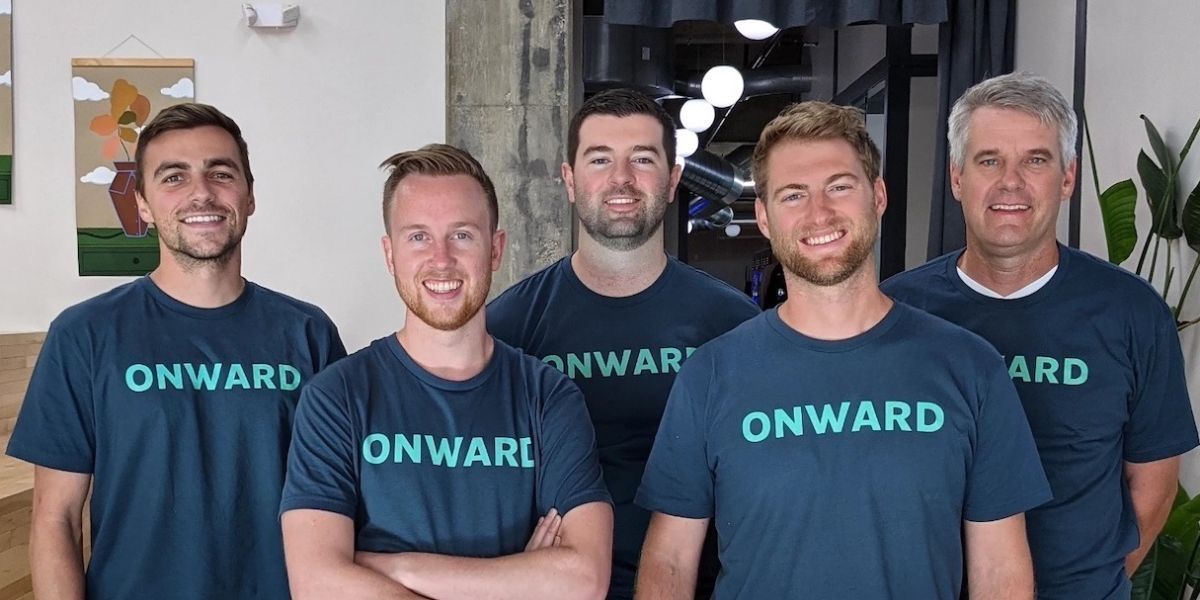

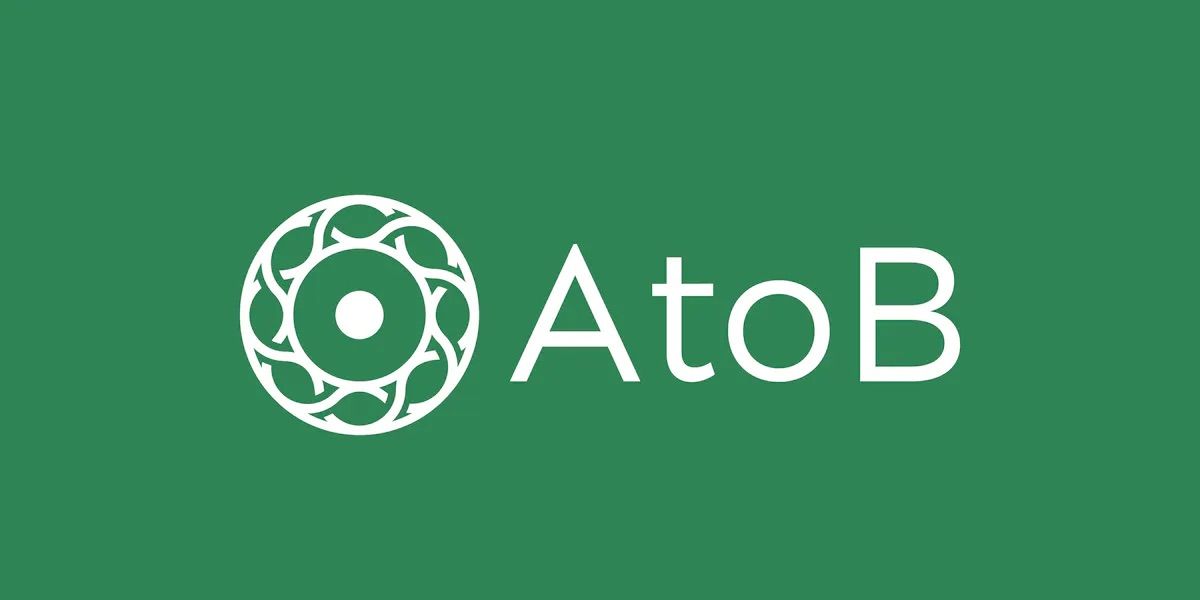
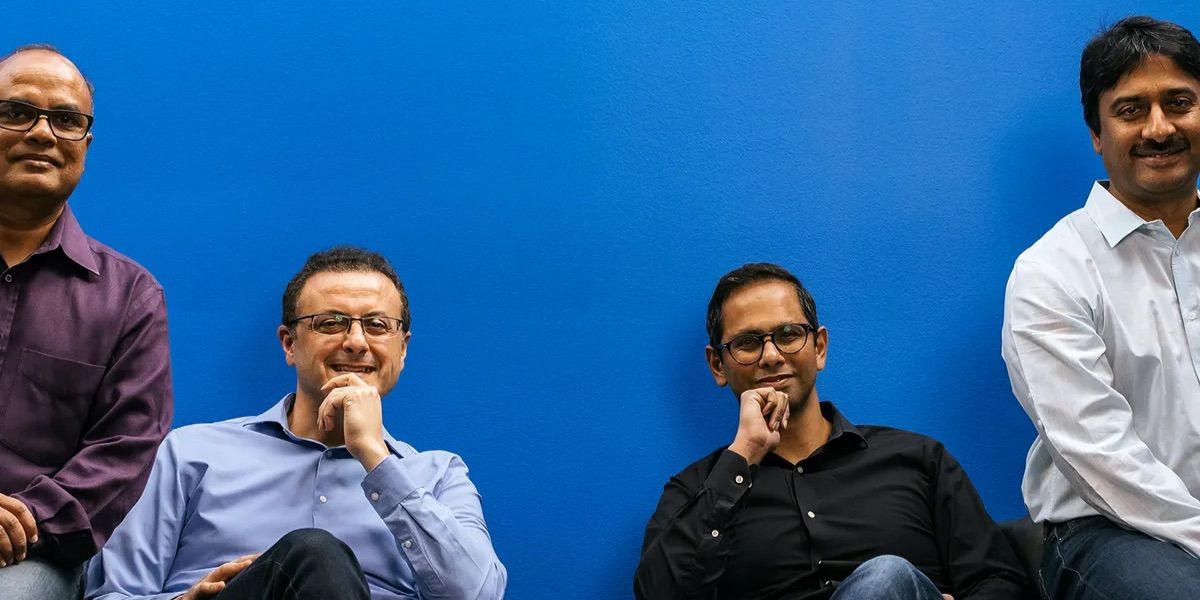
Comments are closed.